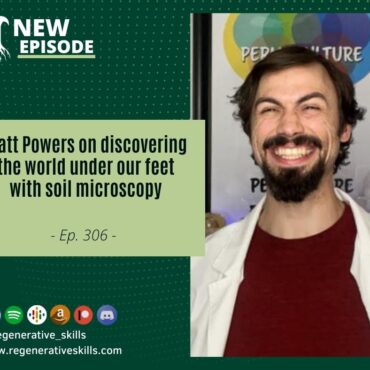
Matt Powers on discovering the world under our feet with soil microscopy
One of the emerging practices in the regenerative work space is that of citizen science. This covers an infinite range of scientific specialties, but I’ve especially seen amazing things come […]

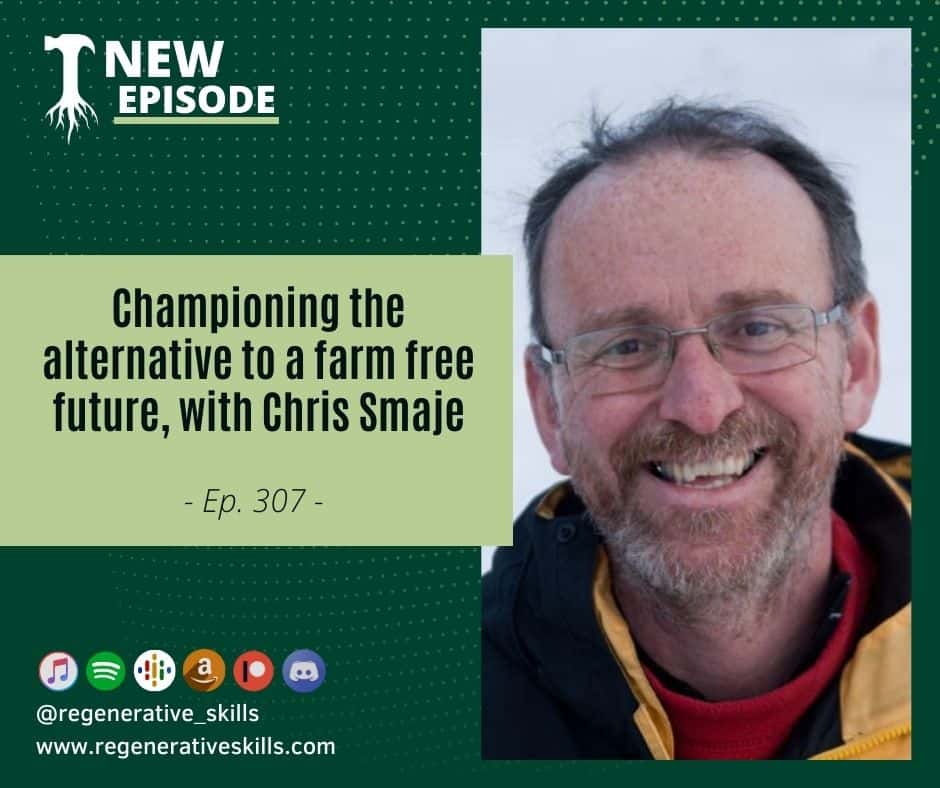
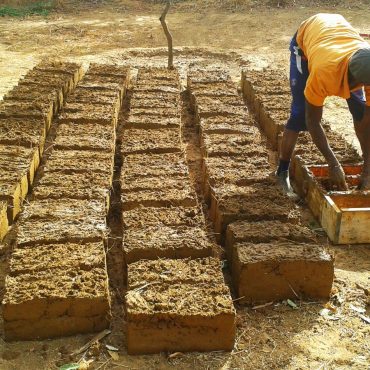
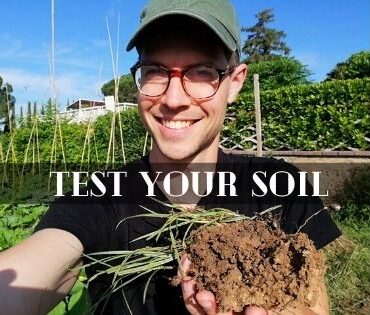
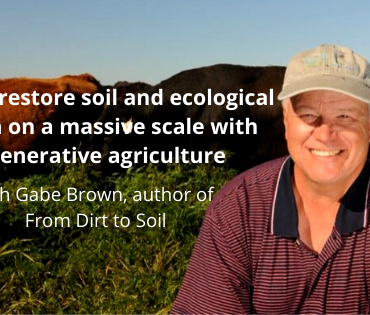
Post comments
This post currently has no comments.